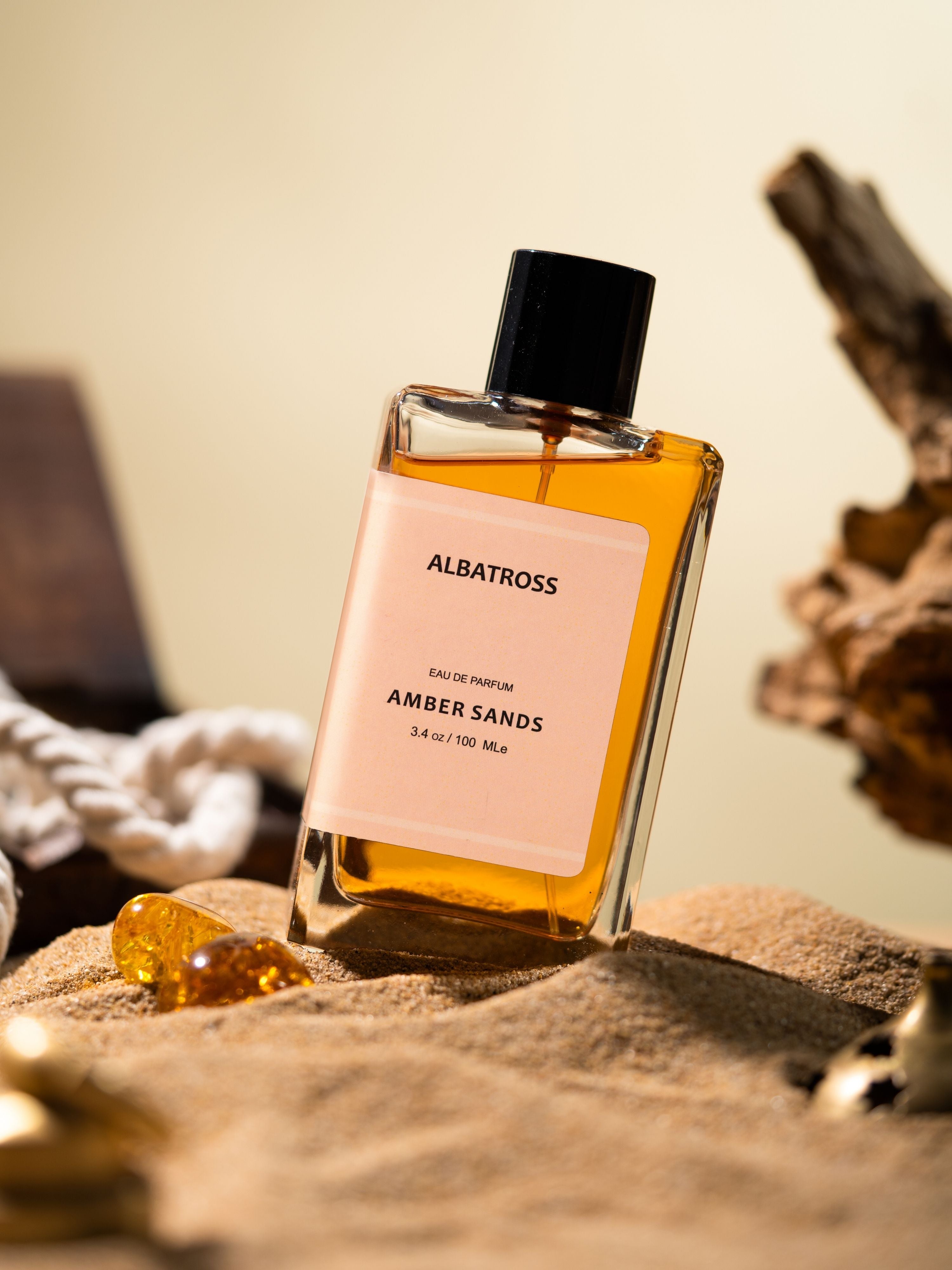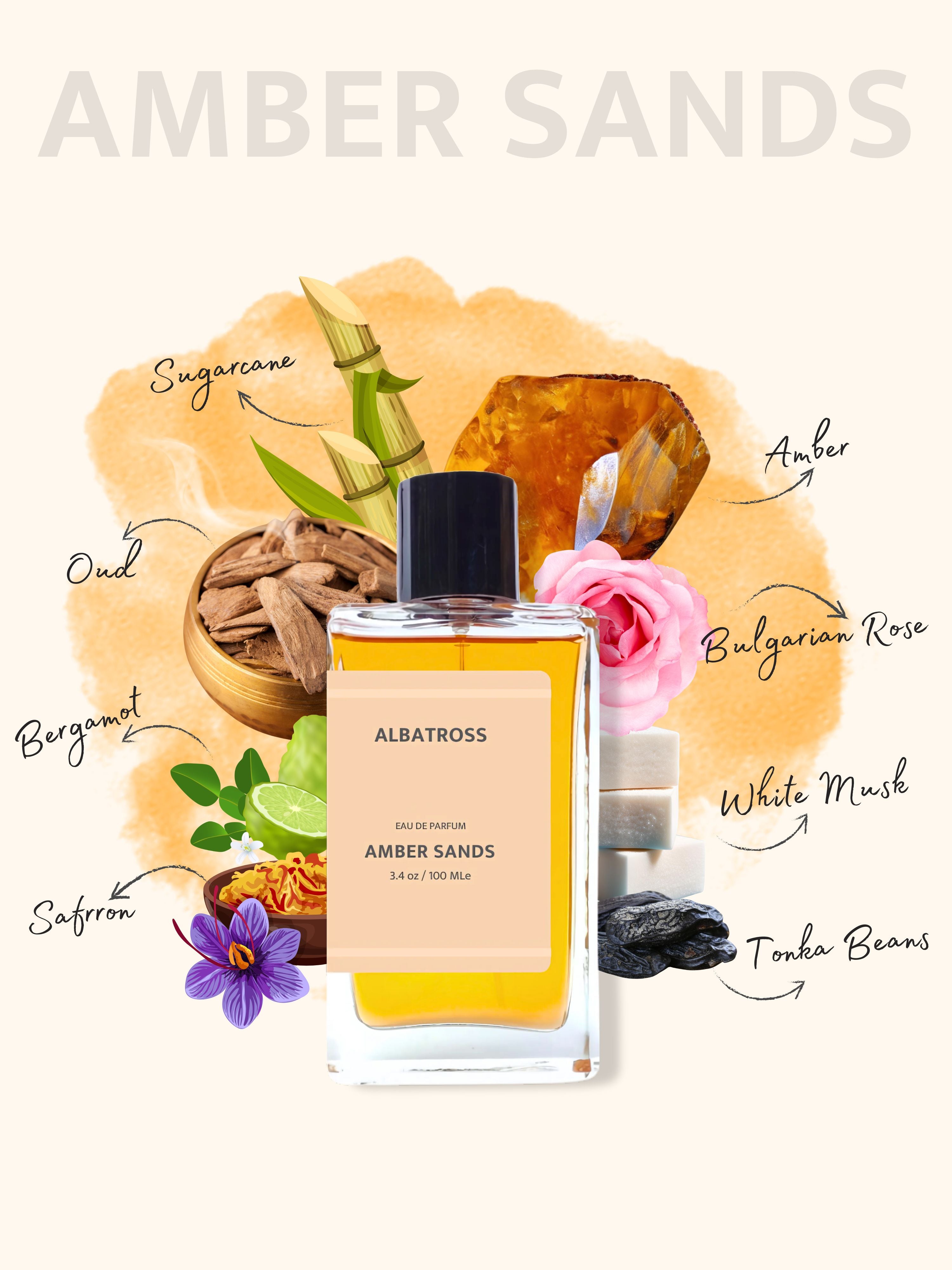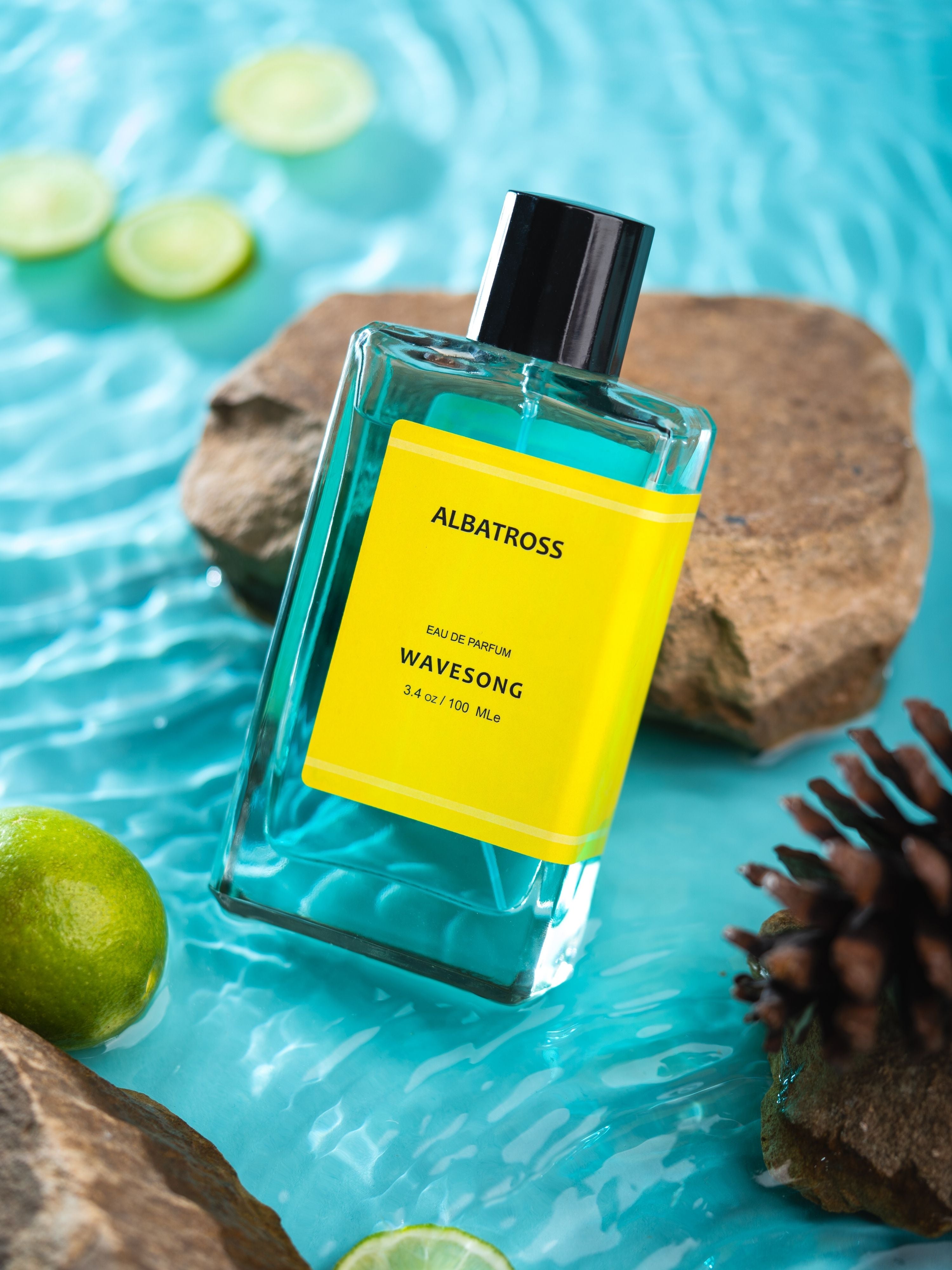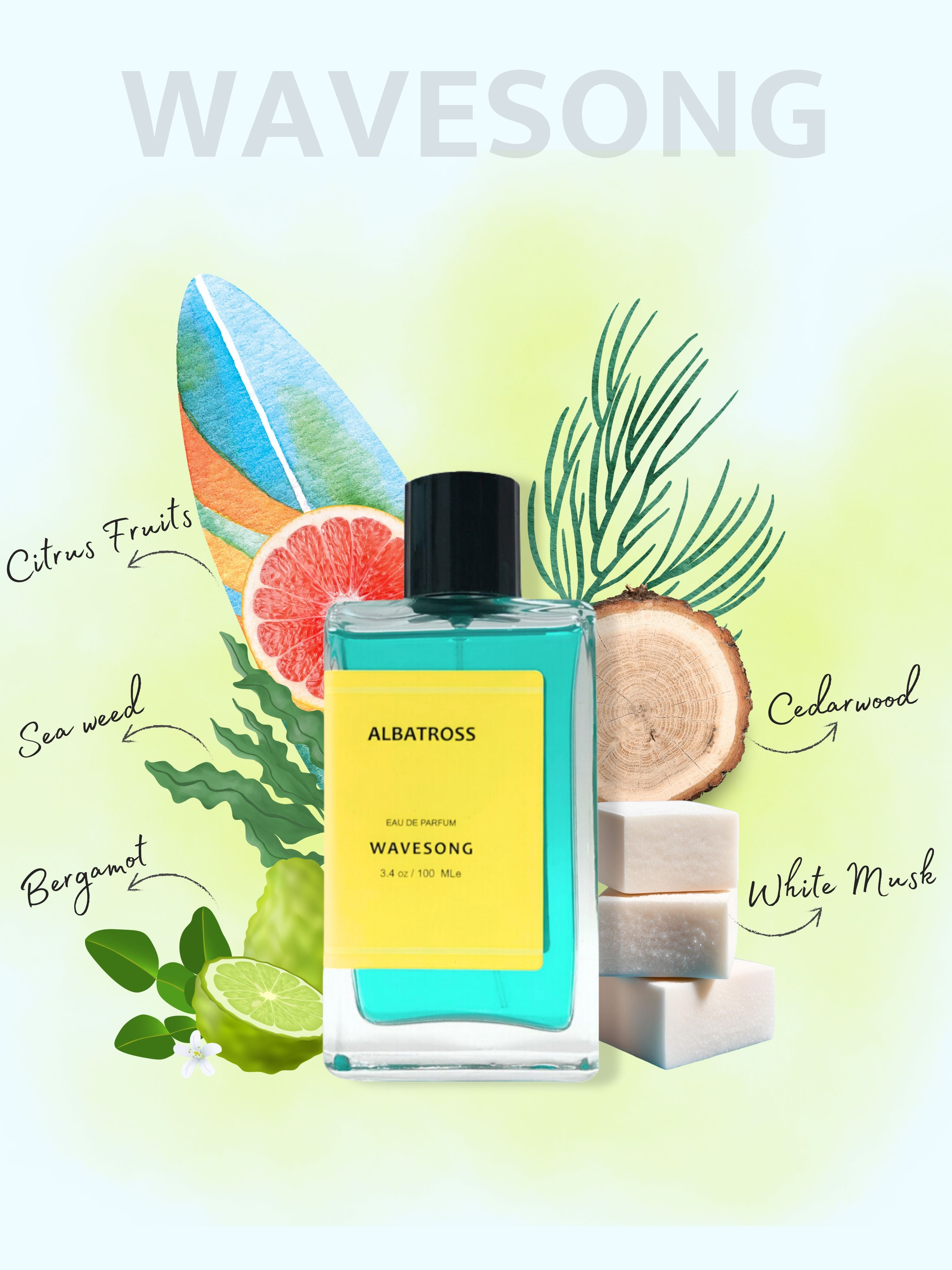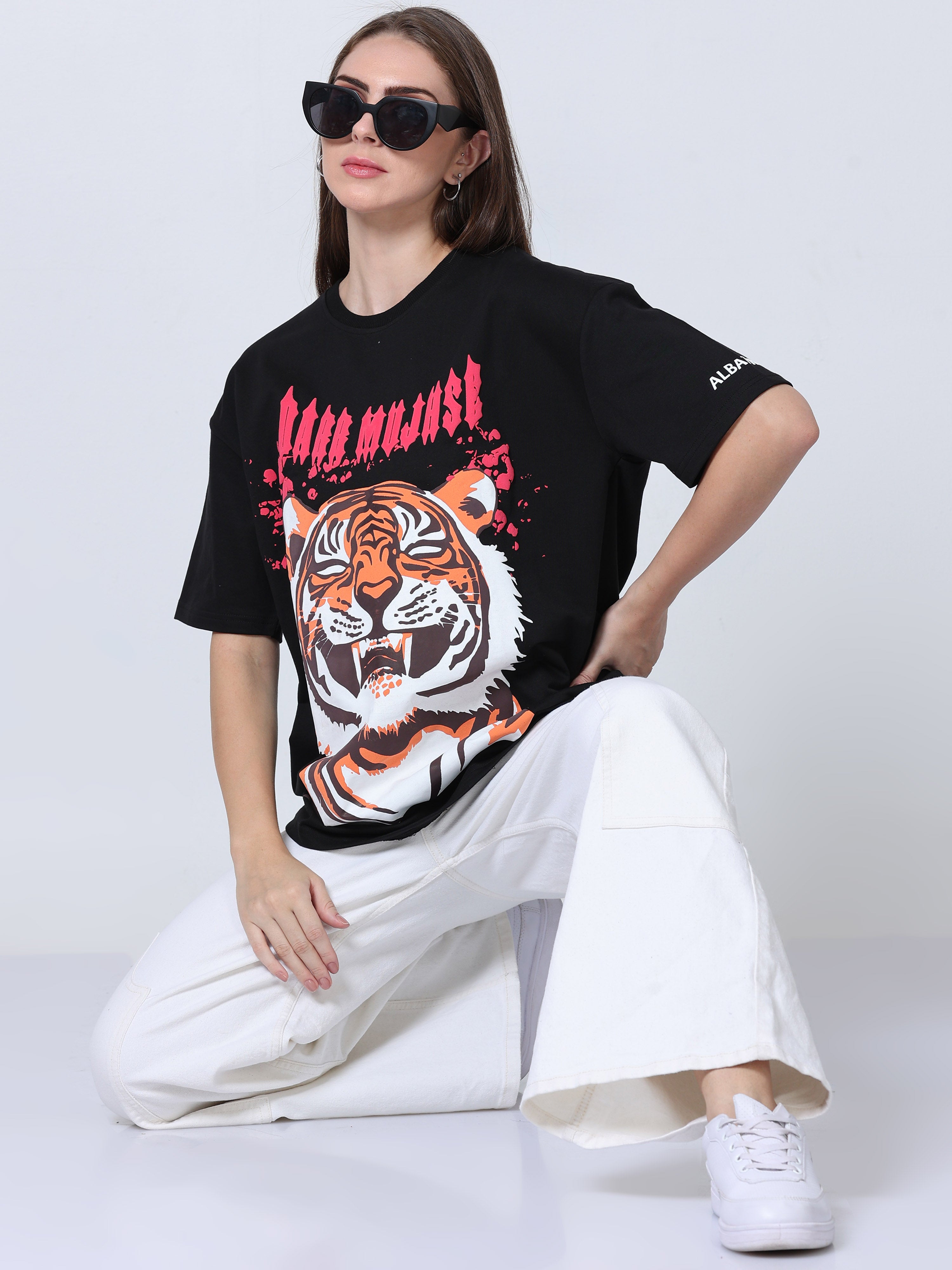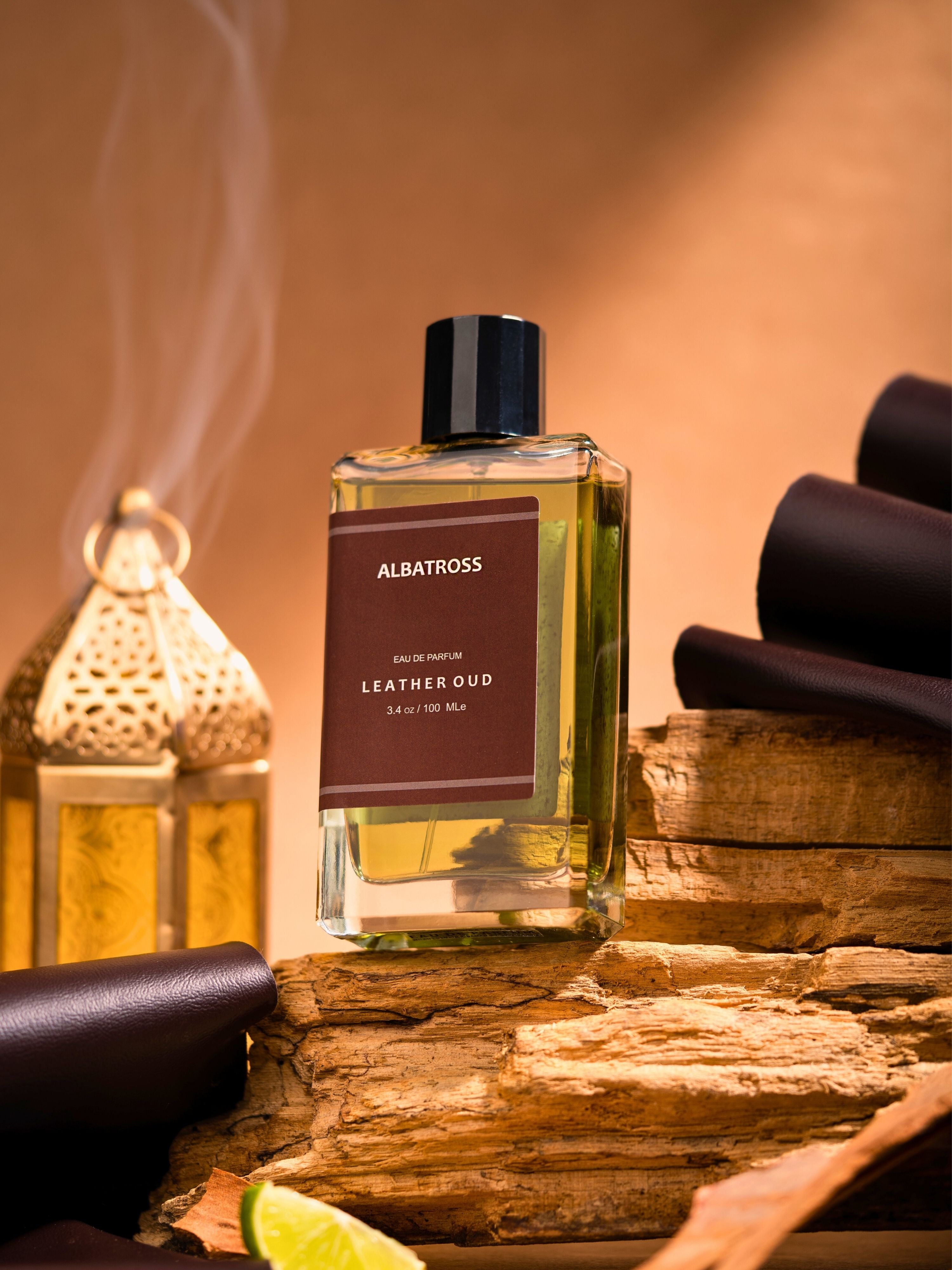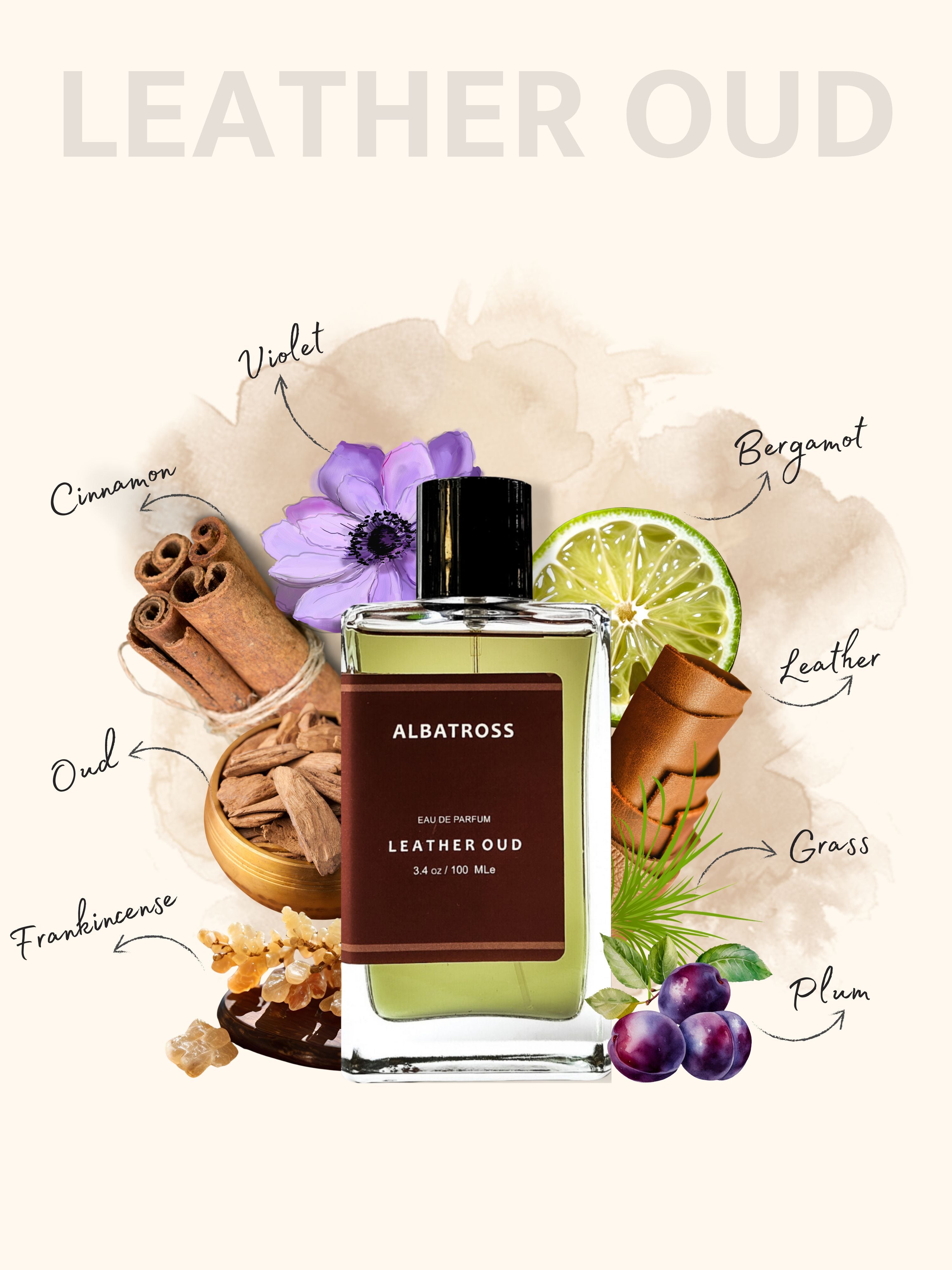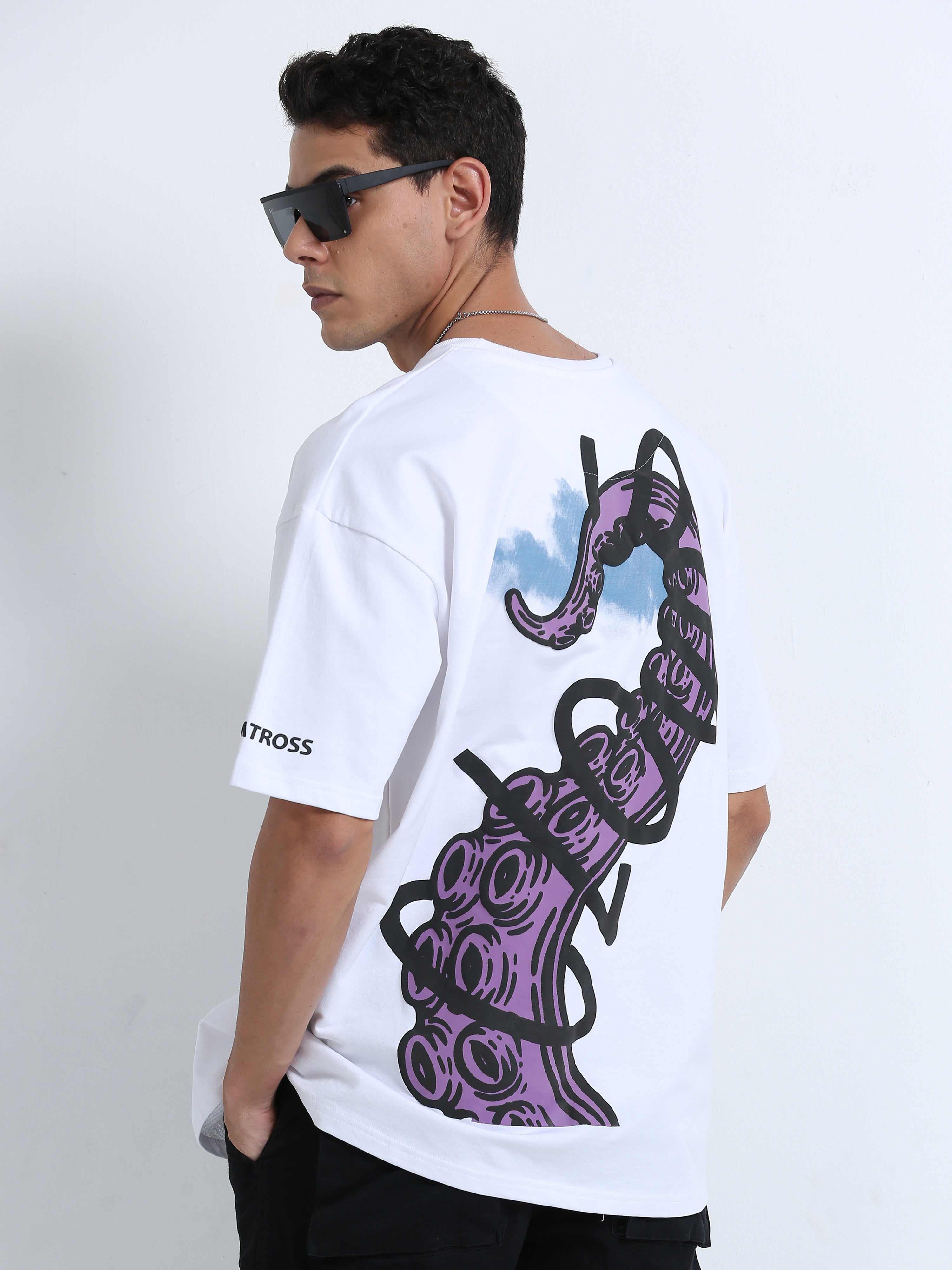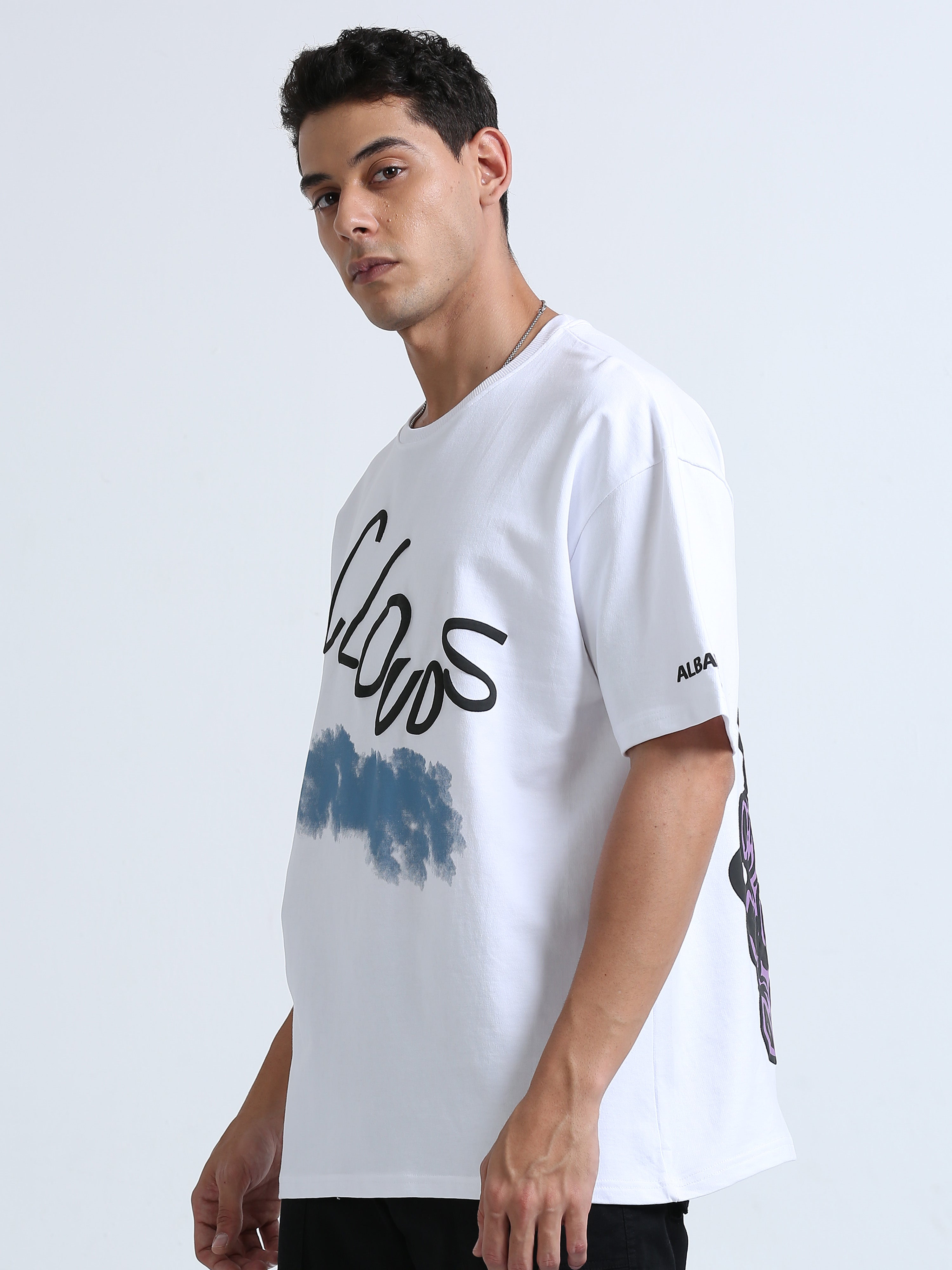The Science Behind Perfume: How Fragrances Affect Mood and Perception | Albatross clothing
In this article, we’ll explore how perfumes affect our emotions, memory, and even social interactions.
How Perfume Affects the Brain
Fragrance has a direct connection to the brain through the olfactory system, which processes smells. The olfactory bulb, located near the limbic system, is responsible for processing emotions and memories. This explains why certain scents can instantly transport you to a childhood memory or make you feel happy, relaxed, or even more attractive.
🧠 The Role of the Limbic System
The limbic system controls emotions, behavior, and memory. When you inhale a scent, molecules travel to the olfactory receptors in your nose, sending signals to the brain. This is why certain fragrances trigger emotional responses:
- Lavender → Promotes relaxation and reduces stress.
- Citrus (lemon, orange, bergamot) → Increases energy and improves focus.
- Vanilla → Creates a feeling of warmth and comfort.
- Sandalwood & Musk → Evoke sensuality and confidence.
Perfume and Emotional Well-Being
Studies have shown that different scents can impact our mood and well-being. Aromatherapy, a practice that uses scents to promote physical and psychological health, is based on this principle.
🌿 Scents That Reduce Stress
If you’re feeling anxious or overwhelmed, certain fragrances can help calm your nervous system:
- Lavender → Lowers cortisol (the stress hormone).
- Chamomile → Soothes the mind and promotes relaxation.
- Ylang-Ylang → Reduces blood pressure and heart rate.
☀️ Scents That Boost Happiness
Want to feel more upbeat? Try these mood-enhancing fragrances:
- Citrus (lemon, grapefruit, mandarin) → Increases serotonin levels, promoting happiness.
- Peppermint → Refreshes the mind and fights mental fatigue.
- Jasmine → Acts as a natural antidepressant, enhancing mood.
❤️ Scents That Enhance Attraction
Some perfumes have aphrodisiac properties, making you more appealing to others:
- Musk → Mimics natural pheromones, increasing attraction.
- Vanilla → Associated with warmth and sensuality.
- Rose & Jasmine → Commonly used in romantic perfumes for their alluring qualities.

How Perfume Influences Perception
Perfume isn’t just about how it makes you feel — it also shapes how others perceive you. A study published in the Journal of Cosmetic Sciences found that people wearing a pleasant fragrance were rated as more attractive and confident compared to those who weren’t.
👔 The Right Fragrance for Every Occasion
- For Work & Productivity → Choose fresh, clean scents like citrus, green tea, or light florals.
- For Social Gatherings → Try warm, inviting notes like vanilla, amber, or spicy fragrances.
- For Romantic Dates → Opt for deep, sensual scents like musk, oud, or sandalwood.
- For Relaxation & Sleep → Use calming scents like lavender, chamomile, or soft woody notes.
The Science of Sillage and Longevity
Two important factors in perfume are sillage (how far a scent travels) and longevity (how long it lasts on the skin).
🔬 Why Do Some Perfumes Last Longer?
Perfumes are made of different concentration levels, which affect their longevity:
- Eau de Cologne (2–5% fragrance oil) → Lasts 2–3 hours.
- Eau de Toilette (EDT) (5–15% fragrance oil) → Lasts 4–6 hours.
- Eau de Parfum (EDP) (15–20% fragrance oil) → Lasts 6–8 hours.
- Perfume/Parfum (20–30% fragrance oil) → Lasts 12+ hours.
Tip: To make your fragrance last longer, apply it to pulse points (wrists, neck, behind ears) and moisturized skin.
Choosing the Right Perfume for You
Selecting the perfect fragrance is a personal experience. Here are some tips to help you find the right scent:
- Know Your Preferences → Do you prefer floral, woody, spicy, or fresh scents?
- Test Before Buying → Apply on your skin and let it develop for a few hours.
- Consider the Occasion → A daytime fragrance may be different from an evening scent.
- Layering Scents → Combine complementary perfumes to create a unique signature scent.
Final Thoughts
Perfume is more than just a fragrance — it’s a powerful tool that influences emotions, memories, and perception. Whether you wear perfume to feel confident, relaxed, or attractive, understanding the science behind it can help you choose scents that enhance your mood and leave a lasting impression.
Next time you spritz on your favorite perfume, remember — you’re not just wearing a scent; you’re creating an experience. 🌿✨









